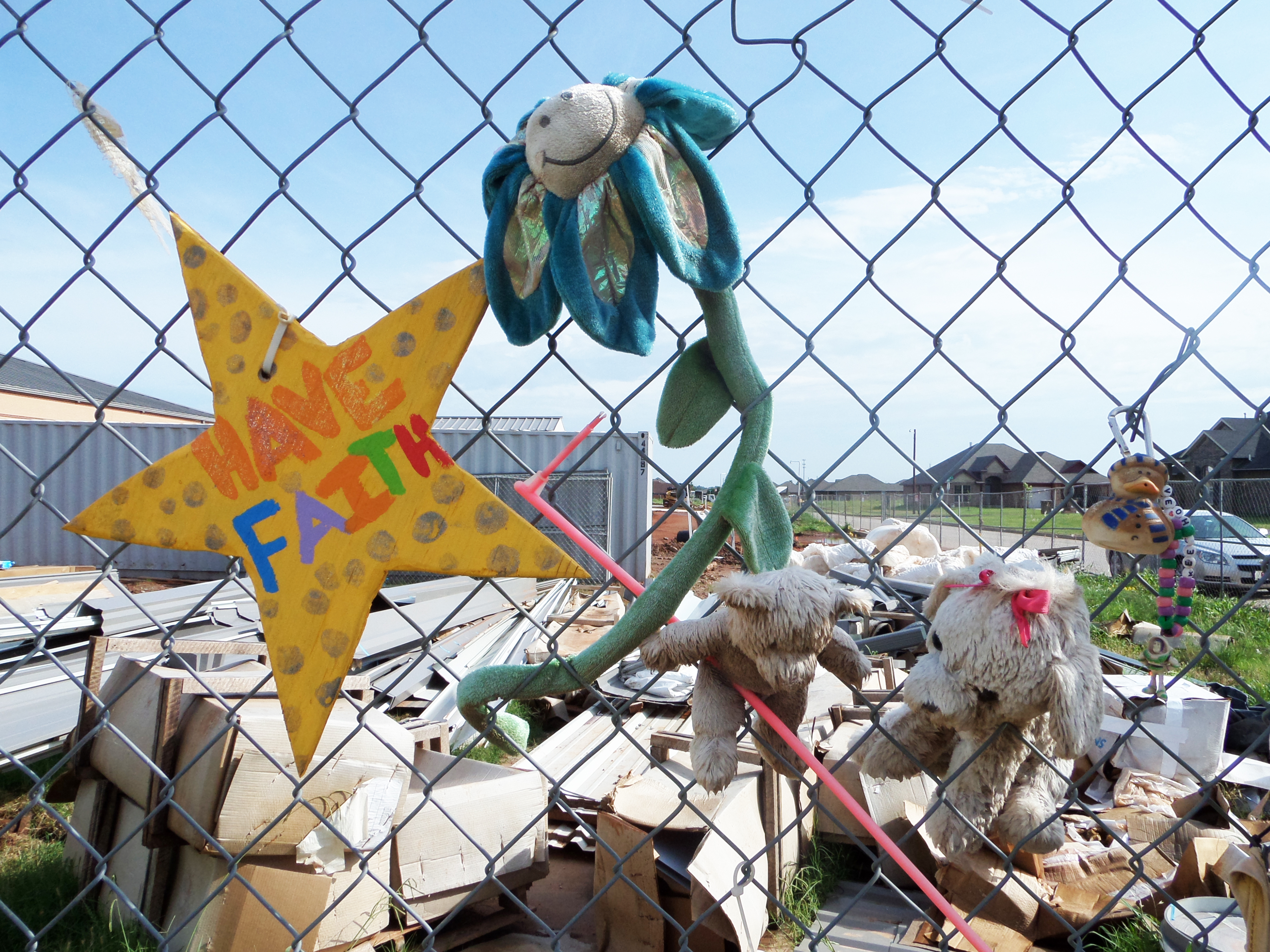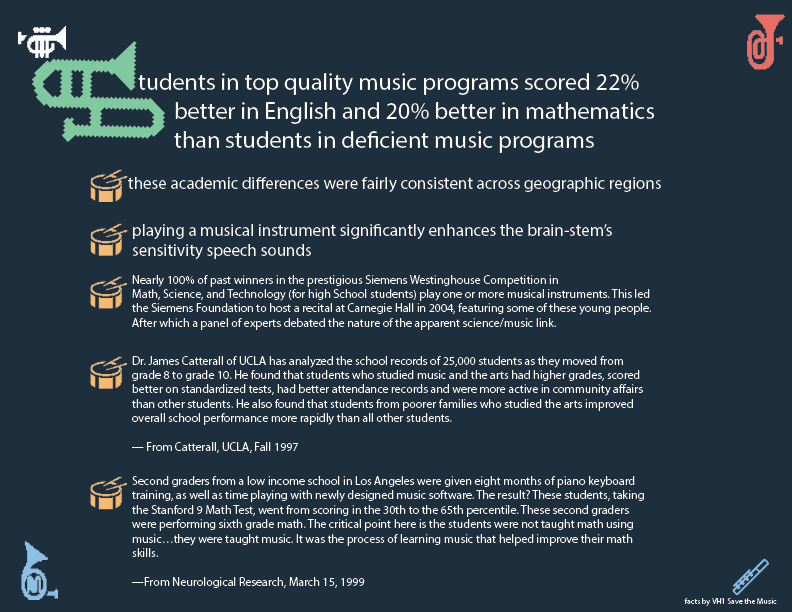by Jordan Evans
Big-name supermarkets have cropped up across the United States and left local markets to dwindle in the dust.
Small shops and markets dominate European and South American countries, but Americans rely on the convenience of supermarkets. These supermarkets keep up with the fast-paced American lifestyle, but they are unable to provide the friendly, open environment that local markets do.
Supermarkets are crowded and loud. There’s no one to question about where the food comes from. The stock boys don’t know what kind of fertilizer the farmers used. The checkout girl doesn’t know if the product was grown with pesticides or hormones.
People in other countries walk to the market, and the person who sells the food is the person who grew the food. The market is the heart of the community, providing food to consumers and revenue to vendors.
Oklahoma has fewer than 75 locally grown food markets, according to okgrown.com. Most are only open seasonally, deadlocking many consumers who want fresh, natural food. These consumers are forced to do the linoleum-floored walk of shame at the supermarket while cheesy elevator music blares over the intercom.
Even well-developed countries, such as Japan, prefer small shops and food markets to overcrowded supermarkets.
Japanese people chose local markets because it was impractical to drive to a large supermarket, explained Lars Perner, a University of Southern California marketing professor, in an online article about food marketing.
America’s dependency on automobiles also has hindered the local market scene. European countries don’t normally have multiple cars in one family. On some streets, the families share one car for emergencies. So street markets are more practical.
Local markets would be a great resource to stimulate municipal economies. The agrarian community needs a local outlet to send its products rather than being overshadowed by farming corporations that ship nationally.
Over the decades, America has gone through its stages. Thomas Jefferson believed in an agrarian republic built on small farmers. At a Virginia congressional meeting in 1781, he called them “the most virtuous and independent citizens.”
While it’s obvious times have changed and this idea isn’t plausible, small farmers still need consumers to support their industry.





